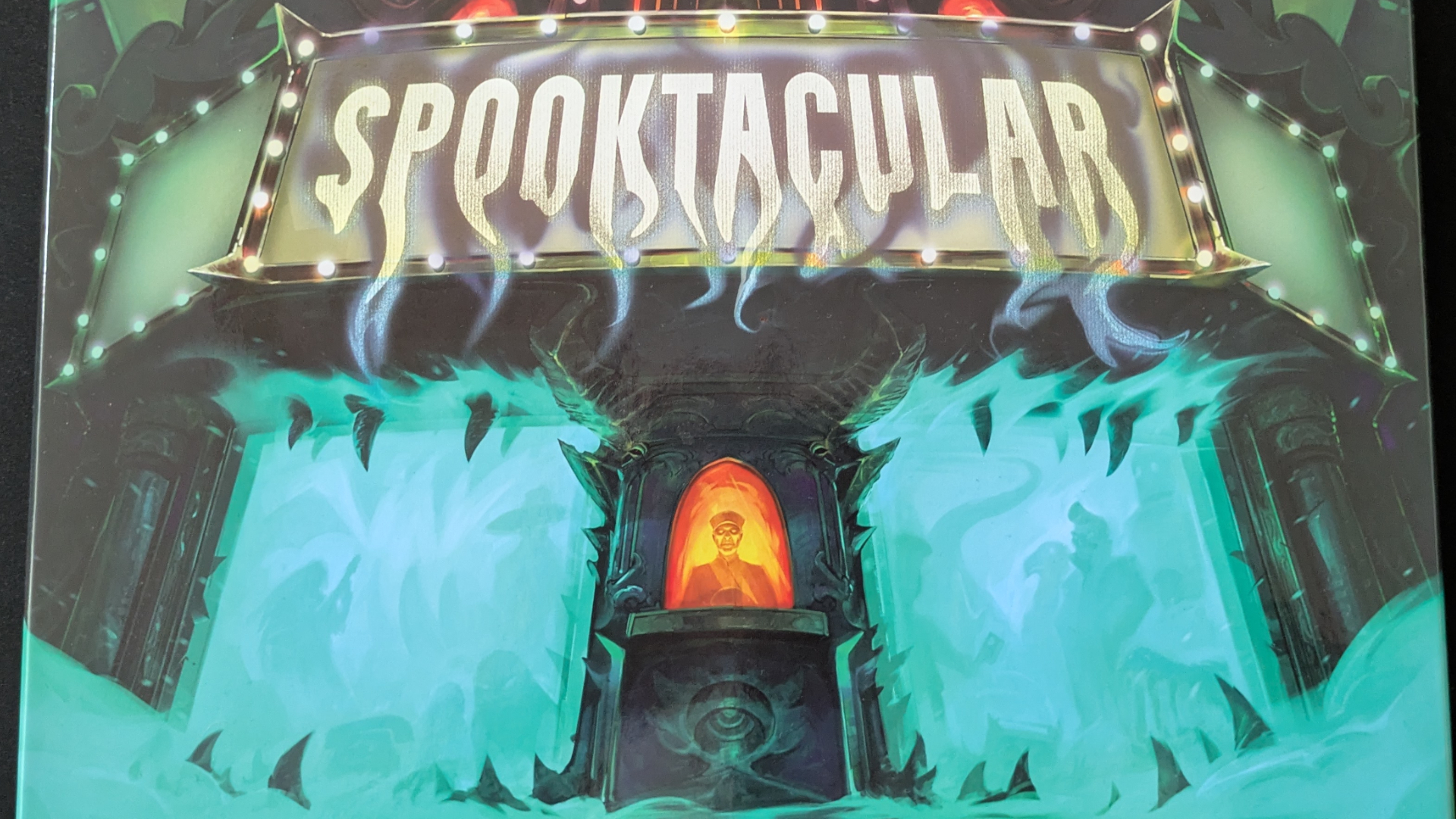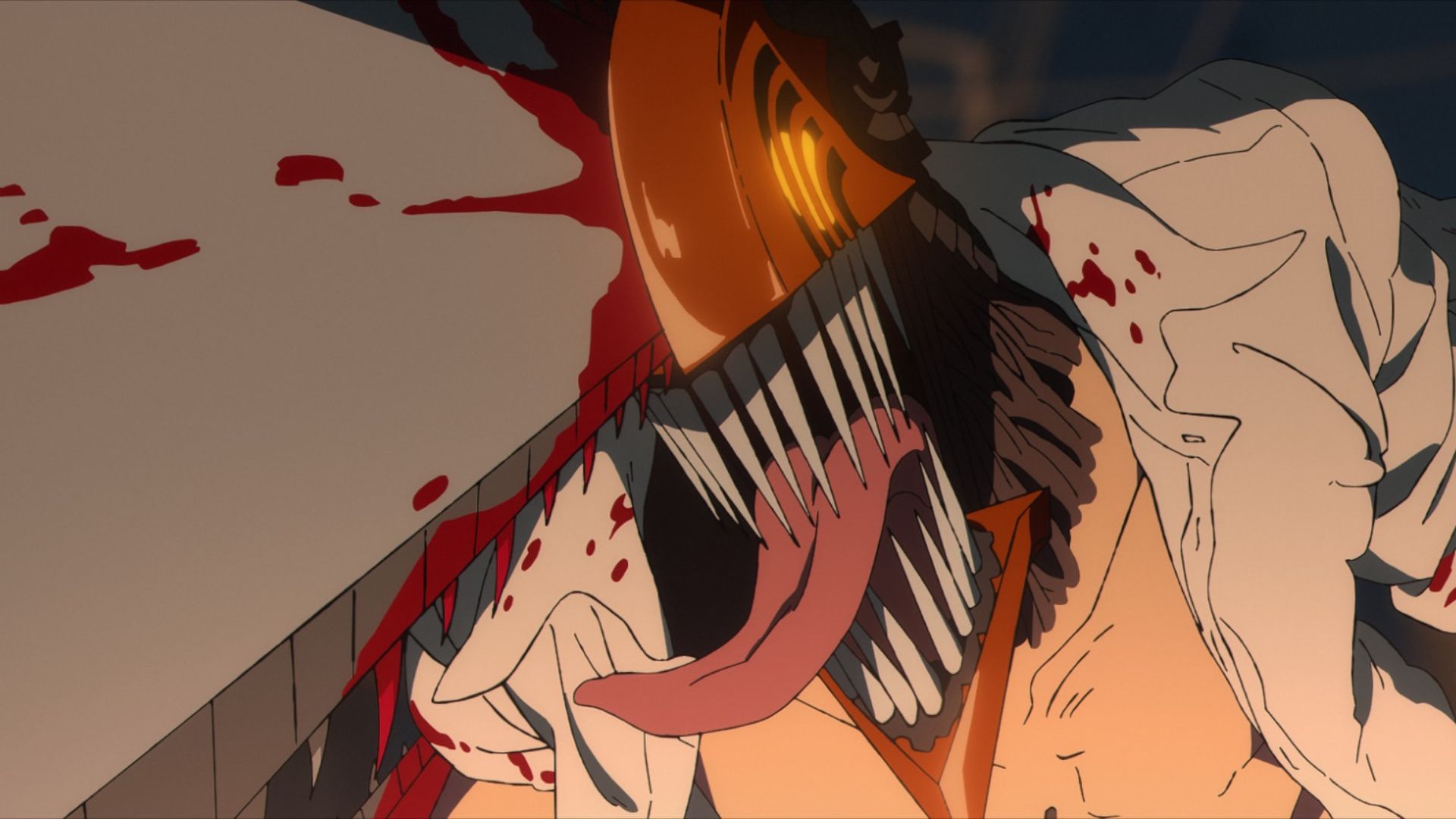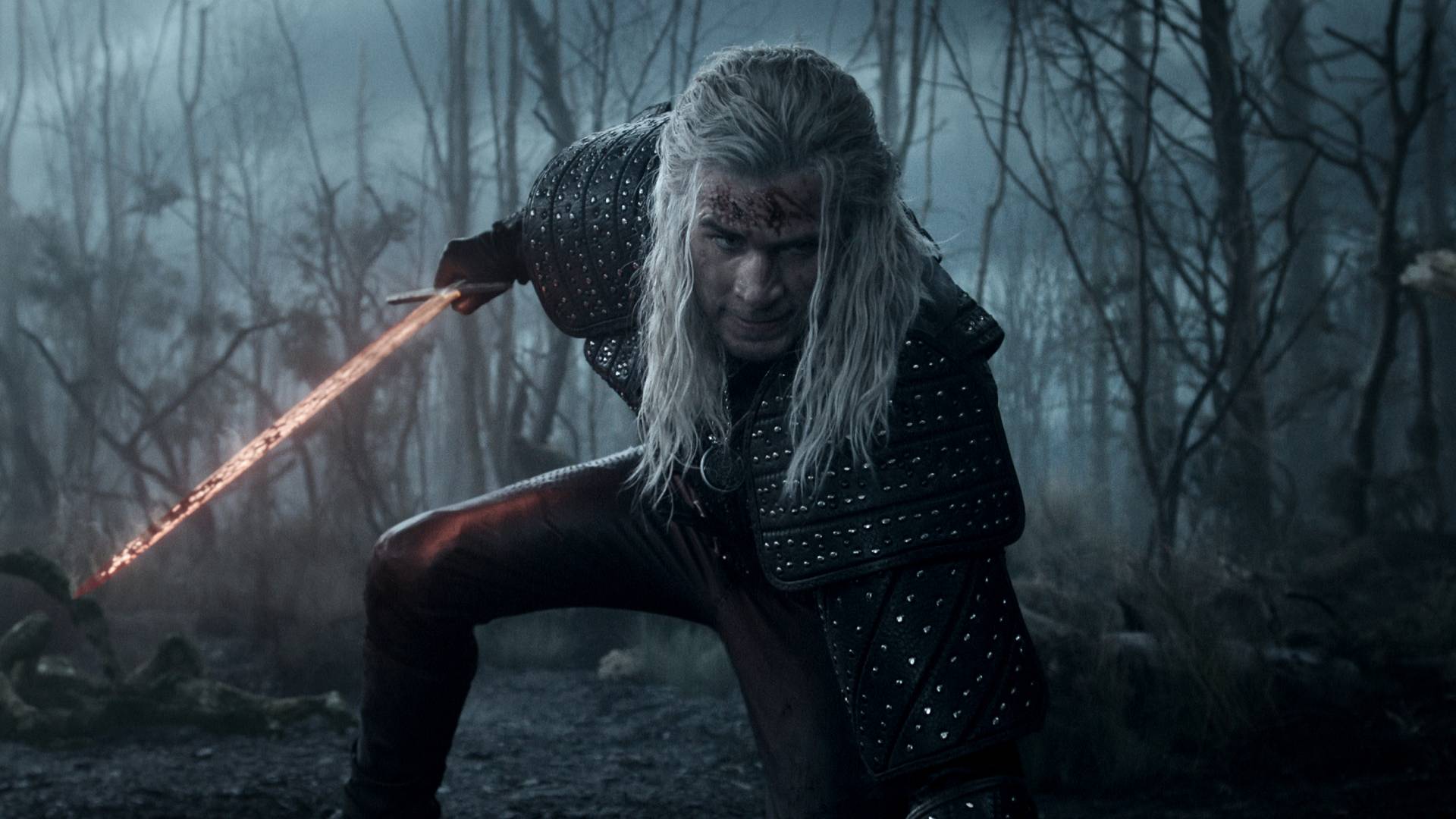The Breath of the Wild sequel exists because "DLC is not enough," says producer
When the Legend of Zelda: Breath of the Wild sequel got announced during the Nintendo E3 2019 show, we all felt a heady mixture of surprise and delight. Sure, it seems obvious that Nintendo would want to build off The Legend of Zelda: Breath of the Wild, but the notion of a direct sequel is never a sure thing in a series like Zelda that's constantly reinventing itself. In a recent interview, Zelda series producer Eiji Aonuma explained that the sequel exists because DLC couldn't deliver all the big changes the team wanted to make.
Speaking to Kotaku via a translator, Aonuma said that "When we released the DLC for Breath of the Wild, we realized that this is a great way to add more elements to the same world. But when it comes down to technical things, DLC is pretty much data - you’re adding data to a preexisting title. And so when we wanted to add bigger changes, DLC is not enough, and that’s why we thought maybe a sequel would be a good fit ... Initially we were thinking of just DLC ideas, but then we had a lot of ideas and we said, 'This is too many ideas, let’s just make one new game and start from scratch.'"
While Aonuma wouldn't give specifics on exactly what those too-big-for-DLC changes are, he did ruminate on how Breath of the Wild expanded on the idea of open-ended puzzle solving, which sounds like something we'll see more of in the sequel. "One thing we learned from Breath of the Wild is that when we focused on creating a dungeon that has multiple solutions, it turned into this great title," he said. "That’s one thing I want to polish up and use for inspiration going forward."
Aonuma also touched on The Legend of Zelda: Link's Awakening coming to Nintendo Switch on September 20, with development led by Grezzo, the studio behind the Ocarina of Time and Majora’s Mask remakes for 3DS. "For this game specifically, we thought about the original game and people who have already played it, but we also wanted to make it accessible for new players," Aonuma said. "So we incorporated both perspectives, and that’s how we tweaked the game this time around, with both ideas and the feedback ... we wanted to keep that memory of originally playing the game - the essence of what made that game what it is, and by recalling your memory for the past when you have beaten it, if you have beaten it, I think that makes it even more impressionable if you play it again."
One of those additions in the Switch version is the Chamber Dungeon feature, which lets you create custom dungeon layouts. "Once we landed on the idea of arranging dungeons, we were thinking, in Link’s Awakening, pretty much every room is about the same size," Aonuma said, "so we thought this would be a perfect fit for incorporating the Chamber Dungeons, and that’s how this reimagination came about.
The whole interview is definitely worth a read, especially if you're a longtime Zelda fan with an appreciation for Aonuma's storied history with the series. He also touches on the general lack of crunch for Nintendo's developers (which also impacted the release date for Animal Crossing: New Horizons) and the notion of button mapping as a reflection of authorial intent.
See what's happening this week in games and entertainment with our latest Release Radar:
Weekly digests, tales from the communities you love, and more

Lucas Sullivan is the former US Managing Editor of GamesRadar+. Lucas spent seven years working for GR, starting as an Associate Editor in 2012 before climbing the ranks. He left us in 2019 to pursue a career path on the other side of the fence, joining 2K Games as a Global Content Manager. Lucas doesn't get to write about games like Borderlands and Mafia anymore, but he does get to help make and market them.


